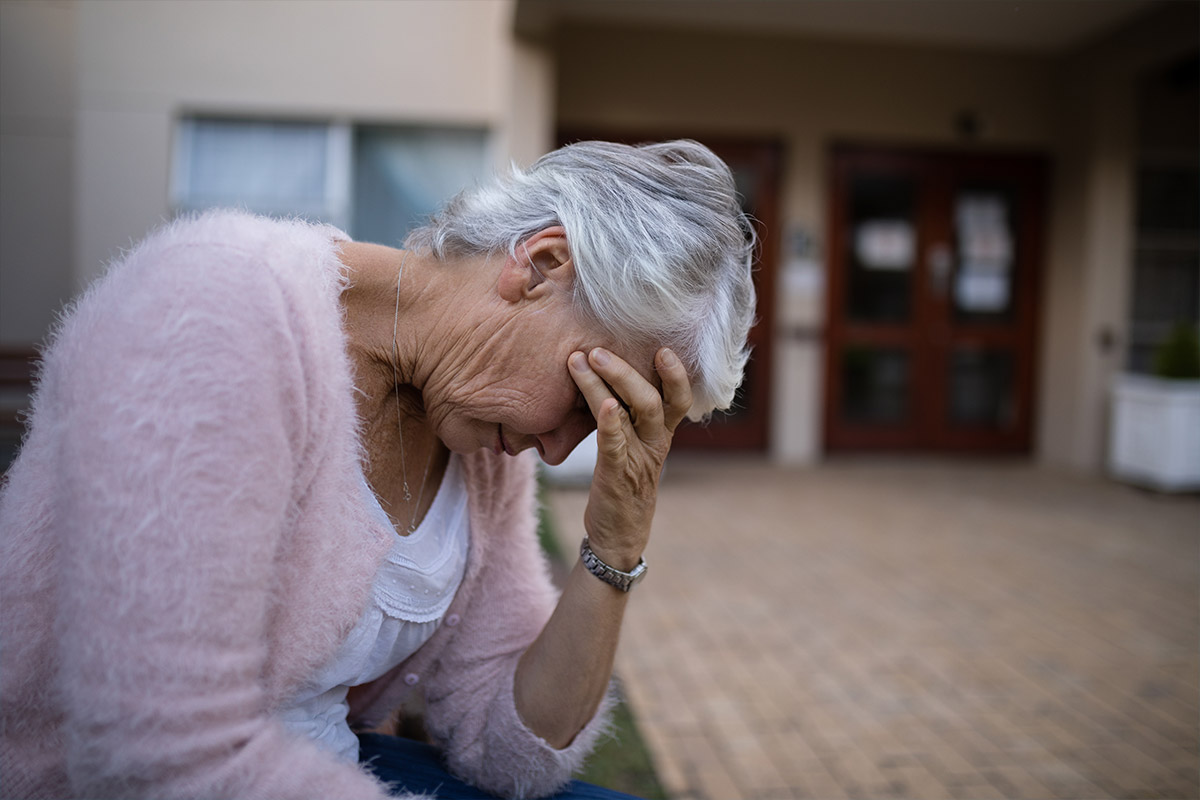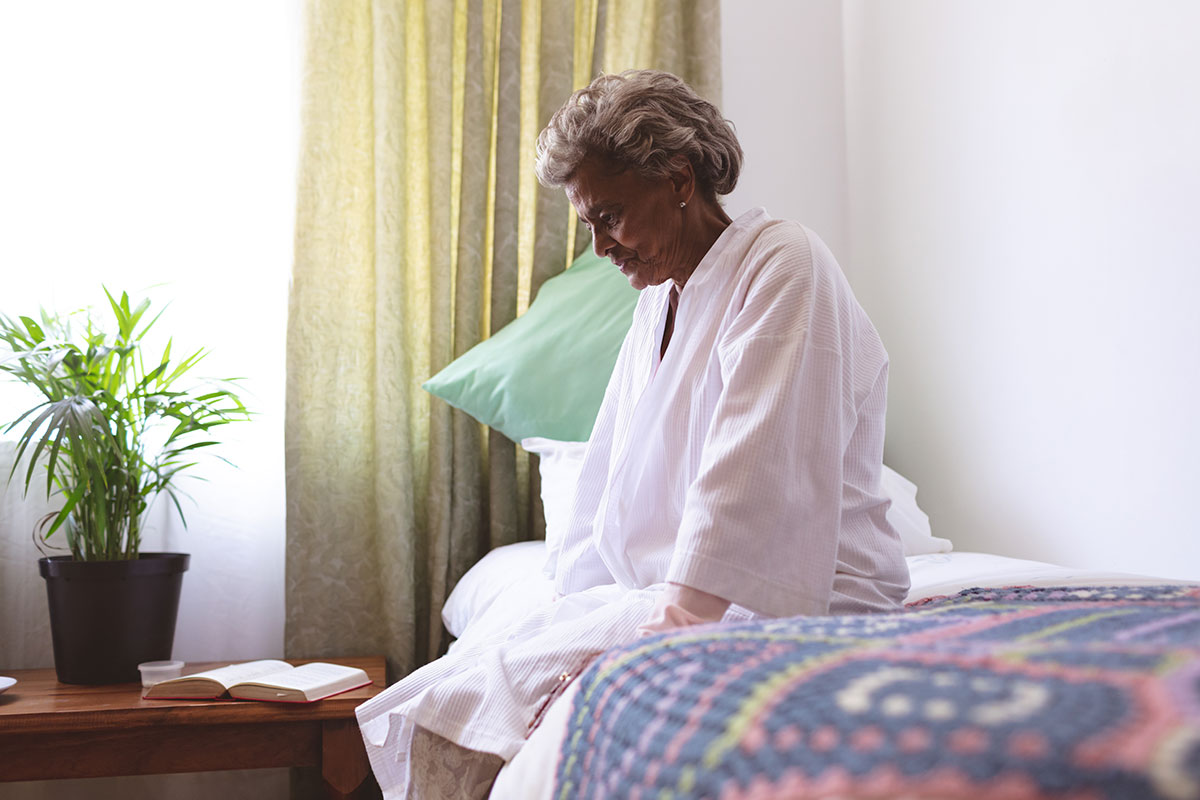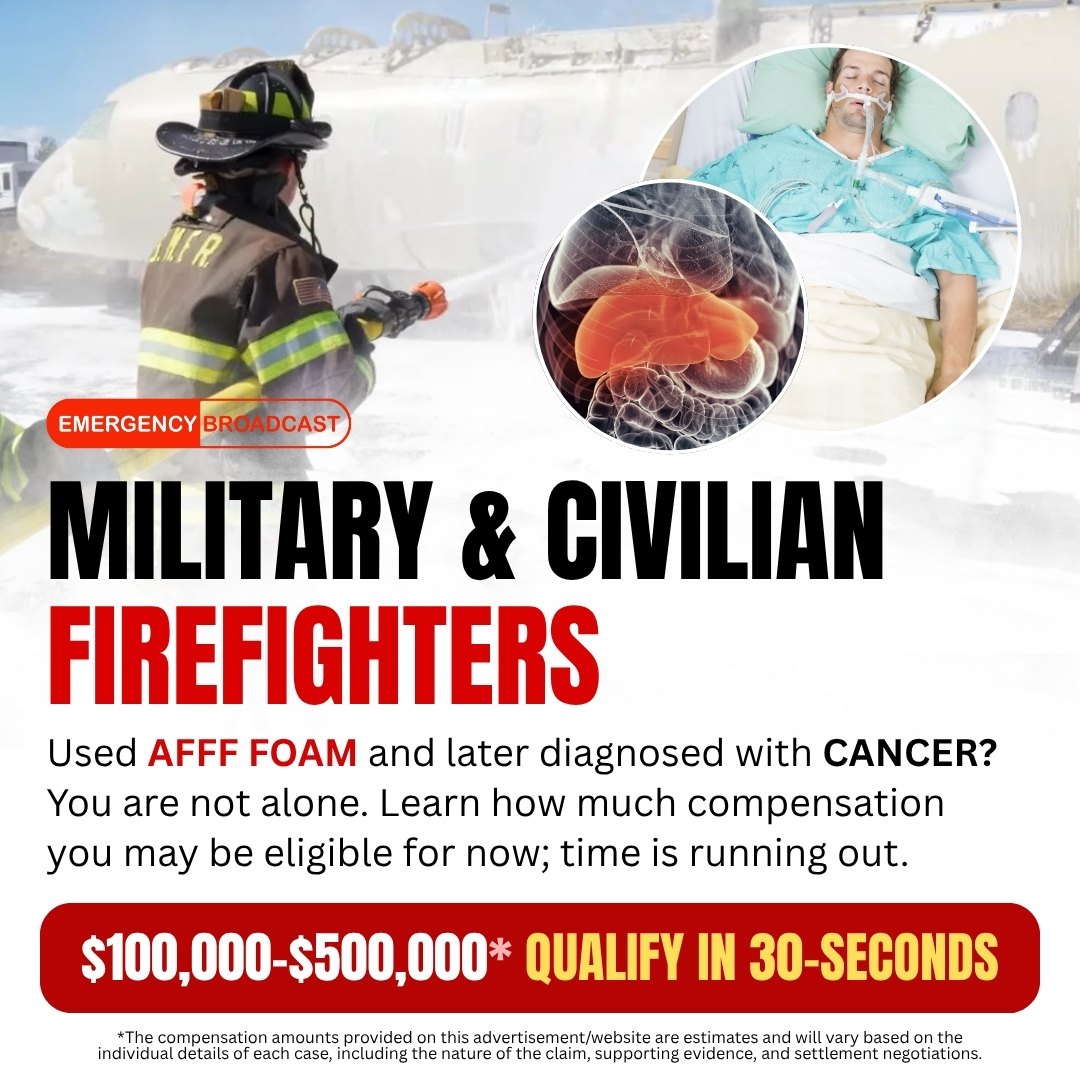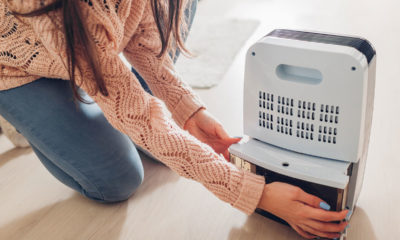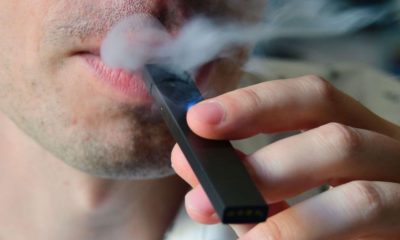A woman from North Carolina was concerned about the care her mother was receiving in a nursing home. Using a hidden camera, she caught video of staff engaging in abusive conduct towards her mother.
Most Abuse Goes Unreported
One day after the camera was installed, the video captured abuse. The first episode was verbal abuse where the attendant yelled at her mother during a change. It then became physical when the assistant moved the woman across the bed in a violent way. The patient cried out in pain.
The daughter took the camera to the director of the nursing home who fired the employees immediately. However, the assistant district attorney failed to file charges against the employees, which means they can find another job in a different nursing home because there are no records of the abuse.
According to a report from the Centers for Medicare and Medicaid Services, one in five emergency room visits for residents from nursing homes are from abuse. Most of the time, the nursing home doesn’t report the abuse to law enforcement or the proper government agency.
A second report was generated that included reviews of more than 34,000 Medicare claims. After reviewing those claims, it was found that almost 90 percent could be linked to possible abuse or neglect.
What Happens with Abuse
Some of the most common types of injuries from abuse or neglect include the following:
- Dehydration
- Malnutrition
- Fractures
- Head injuries
- Severe infections
- Bruises and cuts
- Asphyxiation
- Bedsores in the later stages
One of the reasons it can be difficult to detect abuse in a nursing home is because the elderly are more prone to injury from other situations. For instance, they may fall and break a bone or get a bruise. They may not eat well or drink and become dehydrated. However, repeated incidents of injury, especially when not documented, are signs of possible abuse.
Patients often deny abuse because they are afraid of the repercussions since they must live in the nursing home. They may become quiet and withdrawn, seem upset or fearful.
Another form of abuse is keeping the patient sedated beyond what the doctor prescribed. The person may spend much of their time sleeping, so staff members don’t have to tend to them as often. If the patient seems groggy or is sleeping a great deal more than what seems normal, it should cause you to question what is going on.
You may be unable to get information from your elderly loved one about the abuse. However, you can report it to the authorities if you suspect abuse or neglect has occurred. It’s important to remove the person from the living environment as quickly as possible. You can also contact local authorities to have the nursing facility investigated.
Removal to a new facility should cause a change in the patient. They may now feel more secure in opening up about what happened if they are able. You will also likely notice improvement in their health and a reduction in injuries in the new environment.
